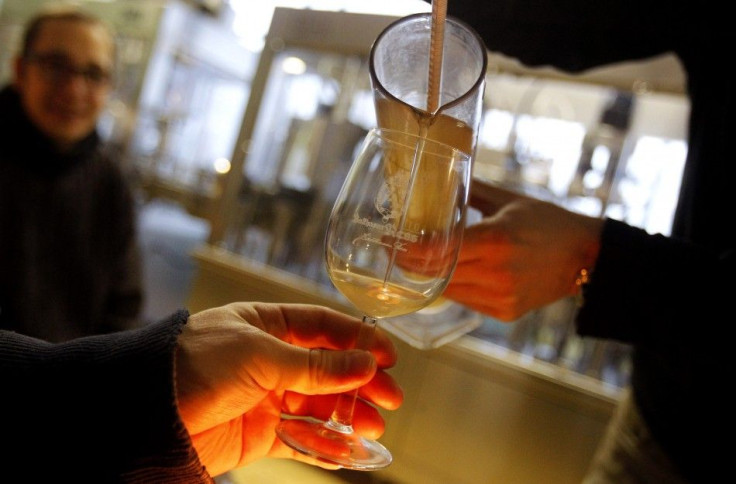Women Winemakers Still Battle Glass Ceiling: Study

Although it is nearly 50 years since the first woman graduated with a wine degree from a top university, less then 10 percent of women are chief winemakers at U.S. wineries.
MaryAnn Graf became the first woman to graduate from the viticulture and enology department at the University of California Davis in 1965, and since the mid-90s women have made up nearly half of the students in that specialty at the university.
But researchers Lucia Albino Gilbert and L. Suzanne Dancer, of Santa Clara University in California, have found that despite the educational advancements, women are still battling a glass ceiling in the wine industry.
Less than 10 percent of those holding top winemaker jobs at the more than 3,200 wineries in California are women, the researchers found. And the percentage is probably less is most other wine-growing regions of the country, Gilbert said.
Women today have more opportunities to gain experiences and (the) knowledge they need to become a winemaker than in past years, Gilbert said in an interview, adding that attitudinal changes take time.
It is always more difficult for women to move into gender-incongruent fields, she added.
The researchers built their own database of the state's female winemakers from the index of more than 3,200 wineries supplied in the Wines & Vines Directory, various websites and interviews with tasting room personnel and faculty at California universities with wine programs. They then broke down the wineries according to region.
The Napa and Sonoma/Marin regions of California had the highest percentage of wineries with women winemakers at 12 percent, but it fell to 4 percent in Southern California.
Gilbert, who presented the findings at a scientific meeting, suggested the low numbers in the south could be due to fewer job opportunities because of the limited numbers of wineries in the region and the distance from the main universities that offer degrees in viticulture and enology.
The most highly acclaimed women winemakers in California are from Napa and Sonoma, according to Gilbert, and include Heidi Barrett, Helen Turley, Mia Klein, Zelma Long and Celia Welch.
This kind of visibility opens doors for the exceptional women and also increases opportunities for other well-qualified women, she explained.
But Gilbert added it will take a long time before women see gender parity in the industry, but I think we can expect to reach the 15-20 percent in the next few years, especially in Napa and Sonoma.
© Copyright Thomson Reuters {{Year}}. All rights reserved.





















